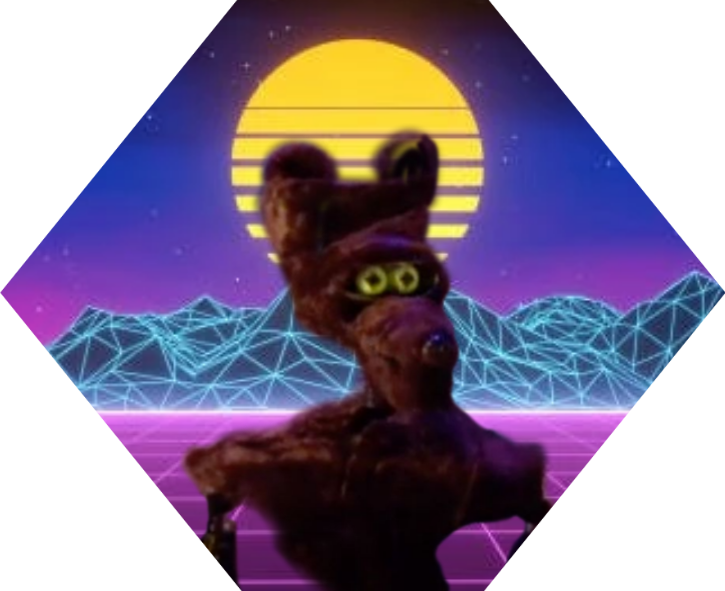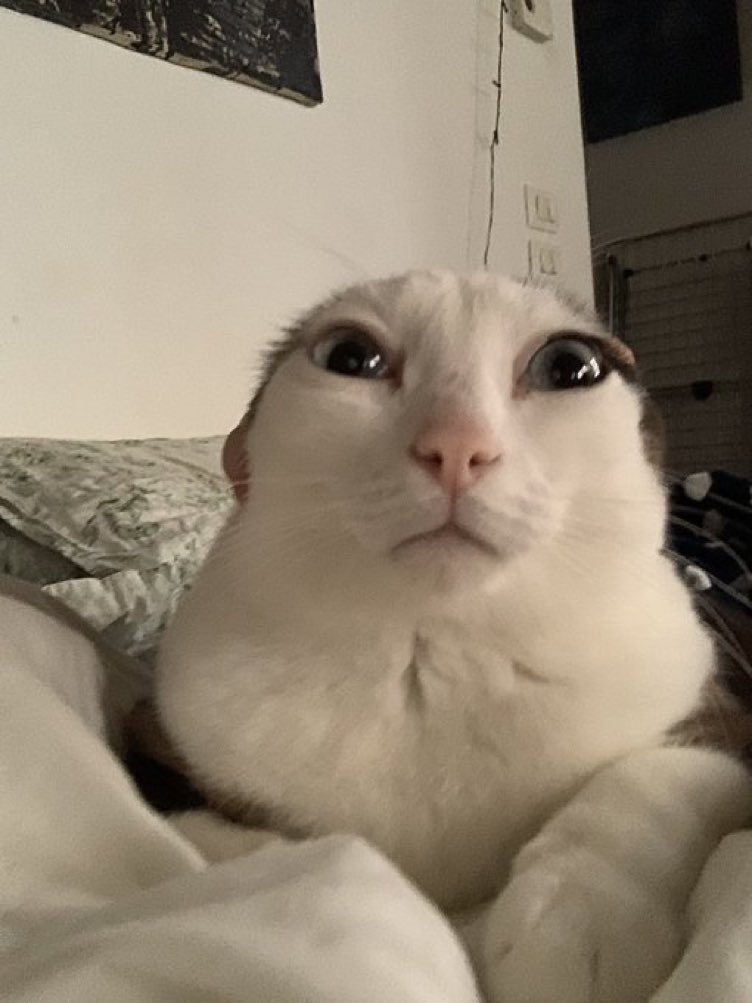I do honestly feel this way a lot, like I must be looking at a different reality than everyone around me. Like I'm fighting in vain for some dead idea of honor and decency.
There's a whole genre of fiction where the crazy protagonist has a clearer view of society than those sane people around him.
https://www.marxists.org/archive/lu-xun/1918/04/x01.htm
If I am understanding this correctly, the eating of man is a metaphor for taking advantage of other's labor? Such as the older brother extracting money from the tenants.
yes, but it's also literal. the thief from the Wolf-cub village probably was literally eaten, just like the revolutionary mentioned in the footnotes was a real person. He uses it as both a metaphor for social systems that exploit and destroy humanity, as well as literally as the ultimate indictment of Chinese society's moral degeneration.
Pretty sure Don Quixote was just crazy though not cool and mistaken for crazy
furthermore one of the presented causes of his madness was an obsession with fictional portrayals of knights and chivalry, the other cause being sleep deprivation. He also completely lacks nuance and is prone to gullibility.
He's very nearly a modern incel "m'lady" stereotype, obsessed with a presentation of himself as some heroic knight from the olden times, but in reality he's just reading fairy tales. He's eventually cured of his madness by sleeping more often lmao
to be fair to them sleep deprivation is not good for your mental health
I fully admit I'm placing a modern interpretation on Don Quixote, plus I'm throwing in my own political aesthetic, but that part sounds like he's frothing in a kind of righteous anger at various cultural grievances he has. He's full of brainworms from the 17th century version of FoxNews.
Don Quixote dies at the end, as I recall. The Knight of Mirrors -- aka the bachelor Sampson Carasco -- challenges Don Quixote to a duel. Carasco wins, and demands that Don Quixote stop being a knight forever. Don Quixote honors his word. He goes home and swears off being a knight. The book ends a few pages later, after describing how miserable Don Quixote's last days / months were as Alonzo Quijano again. I think at one point his niece or Sancho tries to rouse him to action by telling him, "Come on! Let's go be knights again!" but he's too miserable anymore.
Like yeah he's cured of his madness, but that cure results in him dying.
Yeah, he falls into a deep kind of malaise I've always interpreted as intense embarrassment, then it gets so bad he dies of it. My renaissance lit professor in college told us Cervantes killed Quixote at the end so other authors would have a hard time writing and selling their own unofficial sequels (a thing that was common at the time with popular novels)
IIRC The author published (under a pseudonym) a work where Don Quixote goes around beating up bad fanfiction authors.
Imagine getting paid to write about your OCs beating up other people’s shitty knock-off OCs lmfao
I think that the "chivalric romances are bad and readers should feel bad" interpretation is undercut a bit by the fact his very next book was a chivalric romance
The whole genre now is so fundamentally different, it's not "Le epic funny relatable moment" anymore. I dunno if this is one of those "signs and simulacra" things or a "deconstruction" or something, I don't read theory, but I think it might be?
The same thing happened to doge, it's really weird. Any art history nerds in the chat?
From what I understand they might be elements of post-irony or meta-irony where the "ironic" subject or medium moves through irony to become unironic again.
ah that's why I never heard of it, schizoposting stuff always makes me a little uncomfortable
Doesn't Don Quixote literally try to beat random people to death because of his delusions?
Yes, but a lot of the time they're terrible people. He rescues a bunch of slaves for instance.












